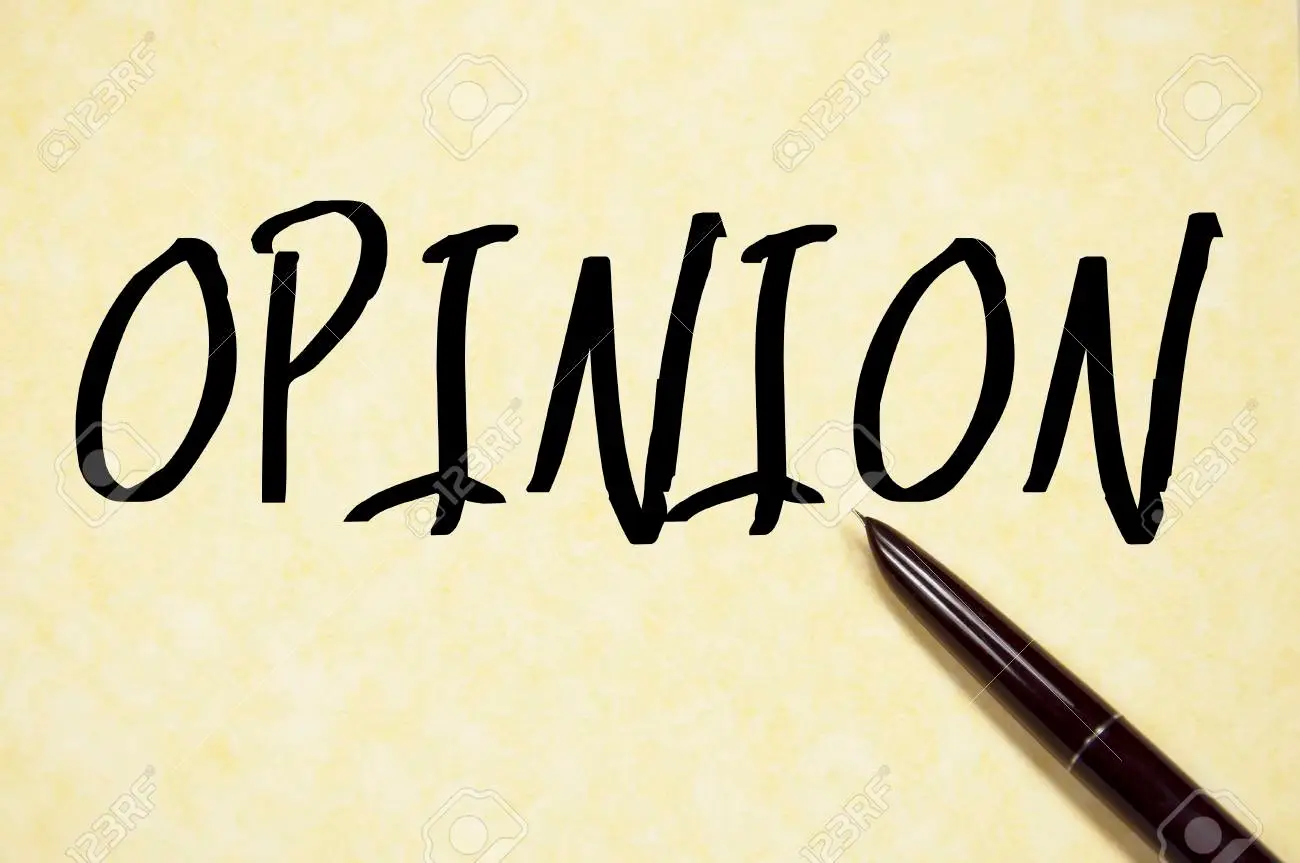Given past records it was only to be expected that as 2023 elections campaigns begin in earnest, mudslinging and bending the truth will become the order of the day. Truth telling in politics is vital in enhancing trust in government and nobody should be treated as if they are not worthy of being told the truth. These days, paid agent-provocateurs disgracefully defame their paymaster’s opponents both on TV and in the press, leaving voters with a deficit of trust in all the candidates. According to Psychology Today, trust is based on a belief that someone or something can be relied upon to do what they say they will. It’s the main ingredient in politics which encourages people to support and cooperate effectively with government.
It’s an essential component of any successful democracy and once it’s broken, it’s hard to rebuild. A nation like Nigeria without trust in leadership is chaotic and dysfunctional. There is no disputing the breakdown of trust in all spheres of life in Nigeria. Citizens have learnt not to trust politicians because of their predilection for going back on their word, breaking promises, withholding or keeping many things back, and lying or manipulating facts and figures. In other spheres, Nigerians have lost trust in military operations against insurgents; police respect for human rights; voter registration exercises; census figures; security agencies abidance with the constitution, and National Assembly oversight functions. Trust is a choice people have to make which is difficult to build yet easy to break. It is difficult to repair once broken and there are many who would agree that trust once lost is lost forever! Trusting government means feeling committed to your relationship with them, and feeling safe that your physical and emotional barriers will be respected.
Political leaders cannot force people to trust them, they can only earn trust when they show they are worthy of it. Deciding which politician to trust and which not to trust can be a long process because it may take years for their true intentions to unfold. Fortunately, the decision is made easier because trustworthy people share common traits of putting other people’s interests before their own, being transparent in their dealings with others and demonstrating transparency in their motivation and decision making.
Also, they don’t dismiss contrary opinions but rather value other people’s feedback. The outgoing administration has exhibited none of the traits of trustworthiness; it has disappointed Nigerians with its calamitous leadership and lack of political will to transform the nation in any meaningful manner, yet the ruling All Progressives Party (APC), feels they are entitled to win elections because the main opposition Peoples Democratic Party (PDP) didn’t excel in governance for 16 years.
Apparently, they need reminding that citizen’s votes are not entitlements. While they keep living in blissful denial, being clearly insensitive to the plight of ordinary people and out of touch with the people, the truth is that the past seven years has witnessed an explosion of the vilest tendencies ever witnessed in Nigeria. Citizens are fully aware that promises have not been kept and they have been lied to. Government officials tend to lie when they simply don’t know what else to do, but sometimes they may even have good motives like in trying to protect the public from bad news. However, citizens don’t really care for the reasons behind lies. Learning to trust politicians again may seem unfeasible given past experiences, but it’s important to trust that the nation will get through all their betrayal and incompetence because it has survived such adversity in the past.
What is important going forward is that whoever wins the election must attend to the pressing issue of re-establishing trust in Nigeria’s democracy. As it stands, there is the not too simple matter of trusting the Independent National Electoral Commission (INEC) to conduct elections that reflect the true vote and will of the electorate. They have released some perplexing results of the new voter registration exercise which have been derided as illogical and inexplicable. While viral social media videos showed evidence of massive voter registration in the South-East and South-West, videos and newspapers reported registration centres in the North where nobody registered for days. This is only to be expected with all the terrorist activities going on.
Yet at the end of the exercise the North-West and North-East where Boko Haram and bandits have been operating freely and even the army is afraid to venture out of their barracks, supposedly registered the highest number of voters! It continues to remain an unexplained geographical phenomenon as to how Nigeria is the only country in the world where arid semi-desert hinterland is supposedly more densely populated than fertile coastal areas. One of the many reasons why distrust in politics runs deep is the not too small matter of whether it is indeed possible for the nation to prosper under the current constitutional arrangement which encourages so much distrust. There is an overriding consensus of opinion that far too much finance and authority is vested in the federal government with far too little accountability.
Some sort of administrative restructuring is vital to address calls for self-autonomy and accommodate our drastic differences. It’s imperative that whoever forms the next government should financially empower local governments, entrench participatory democracy at local level and regain the trust in governance necessary to fulfill the nation’s potentials.

 Join Daily Trust WhatsApp Community For Quick Access To News and Happenings Around You.
Join Daily Trust WhatsApp Community For Quick Access To News and Happenings Around You.

